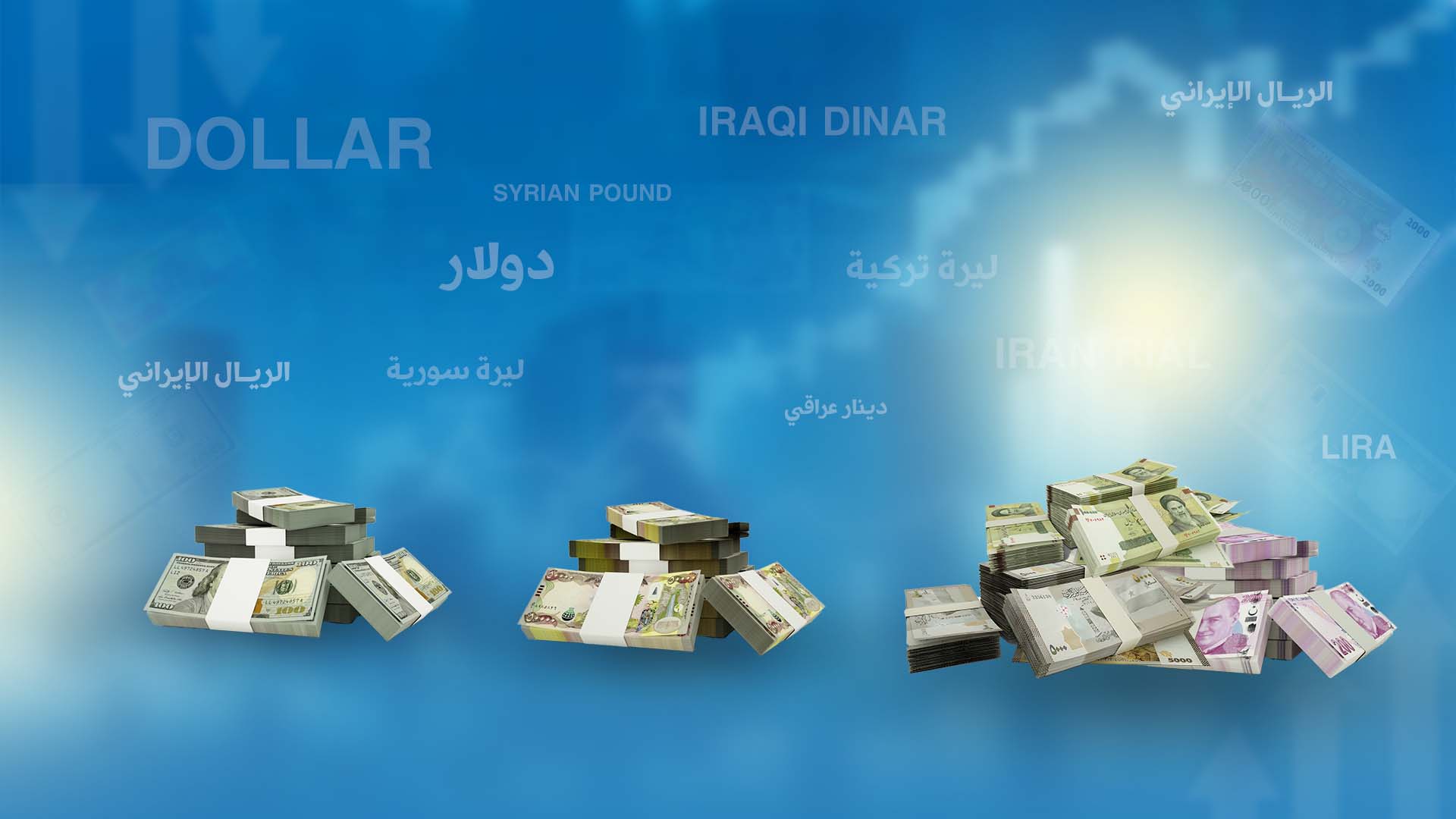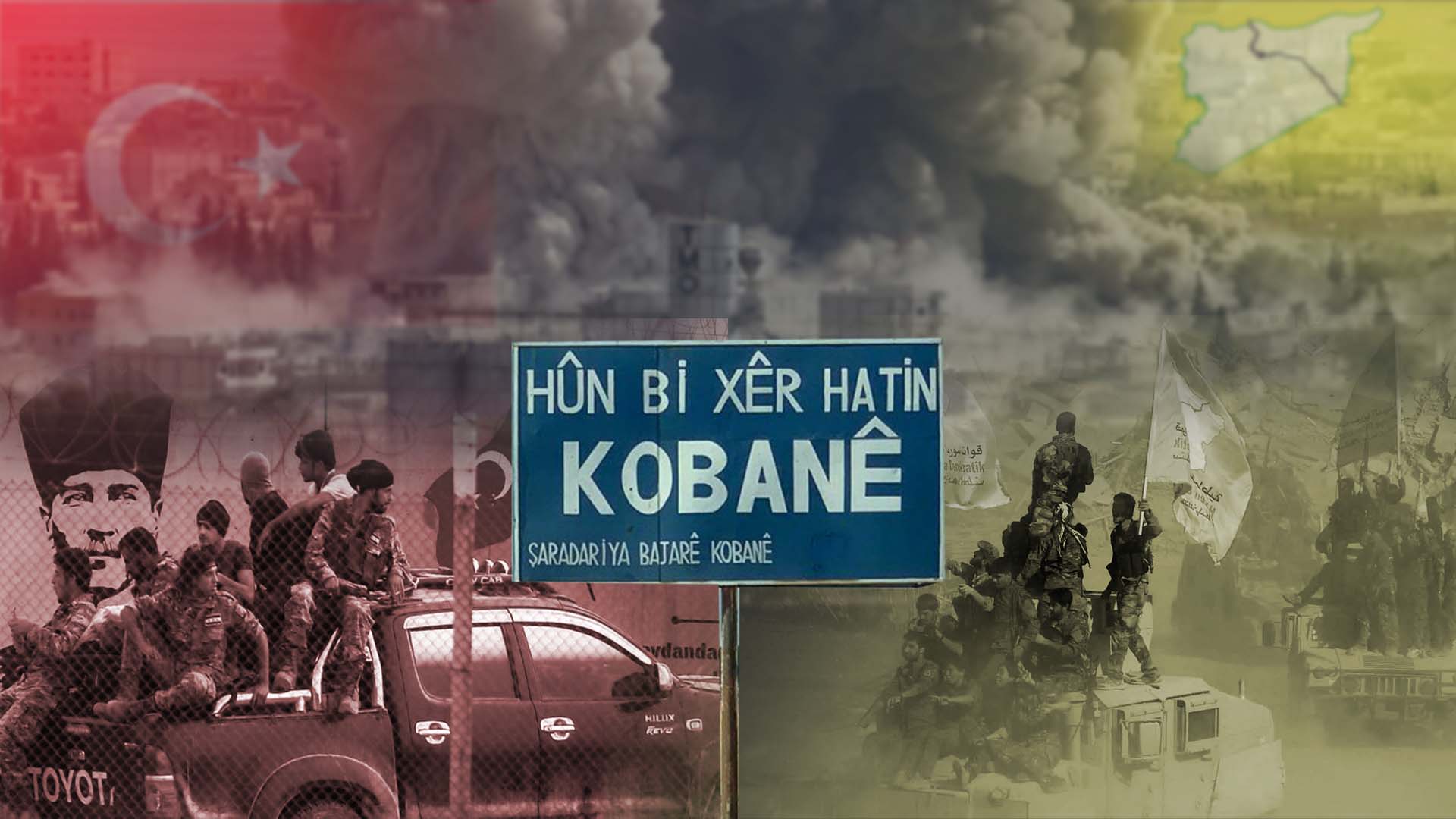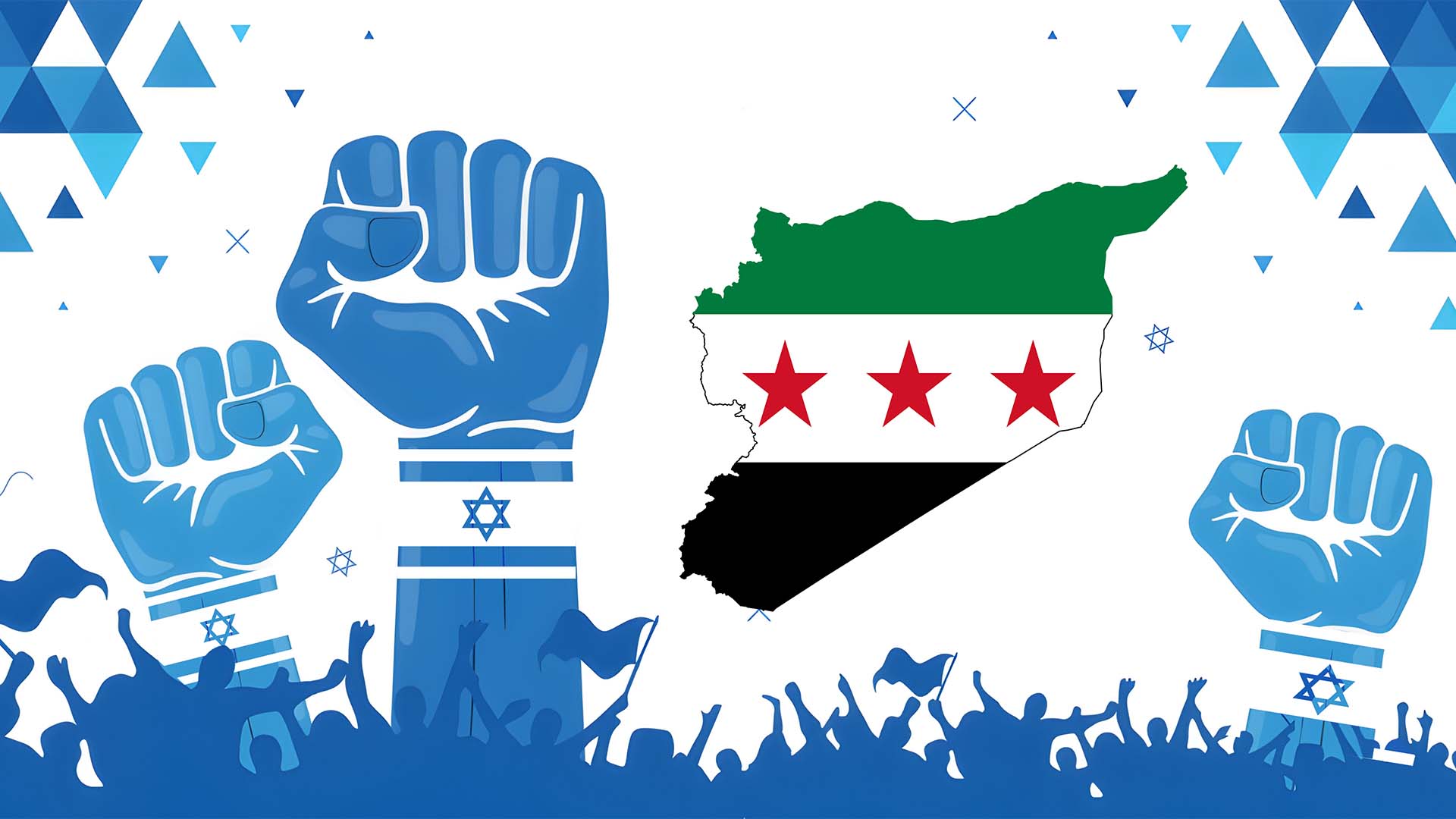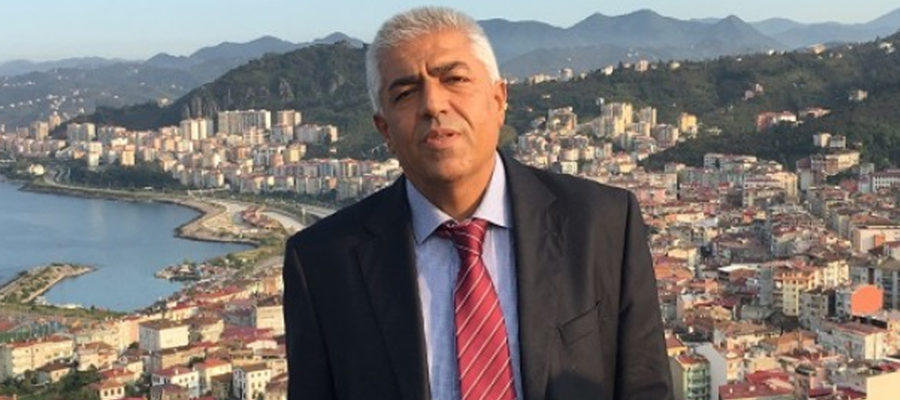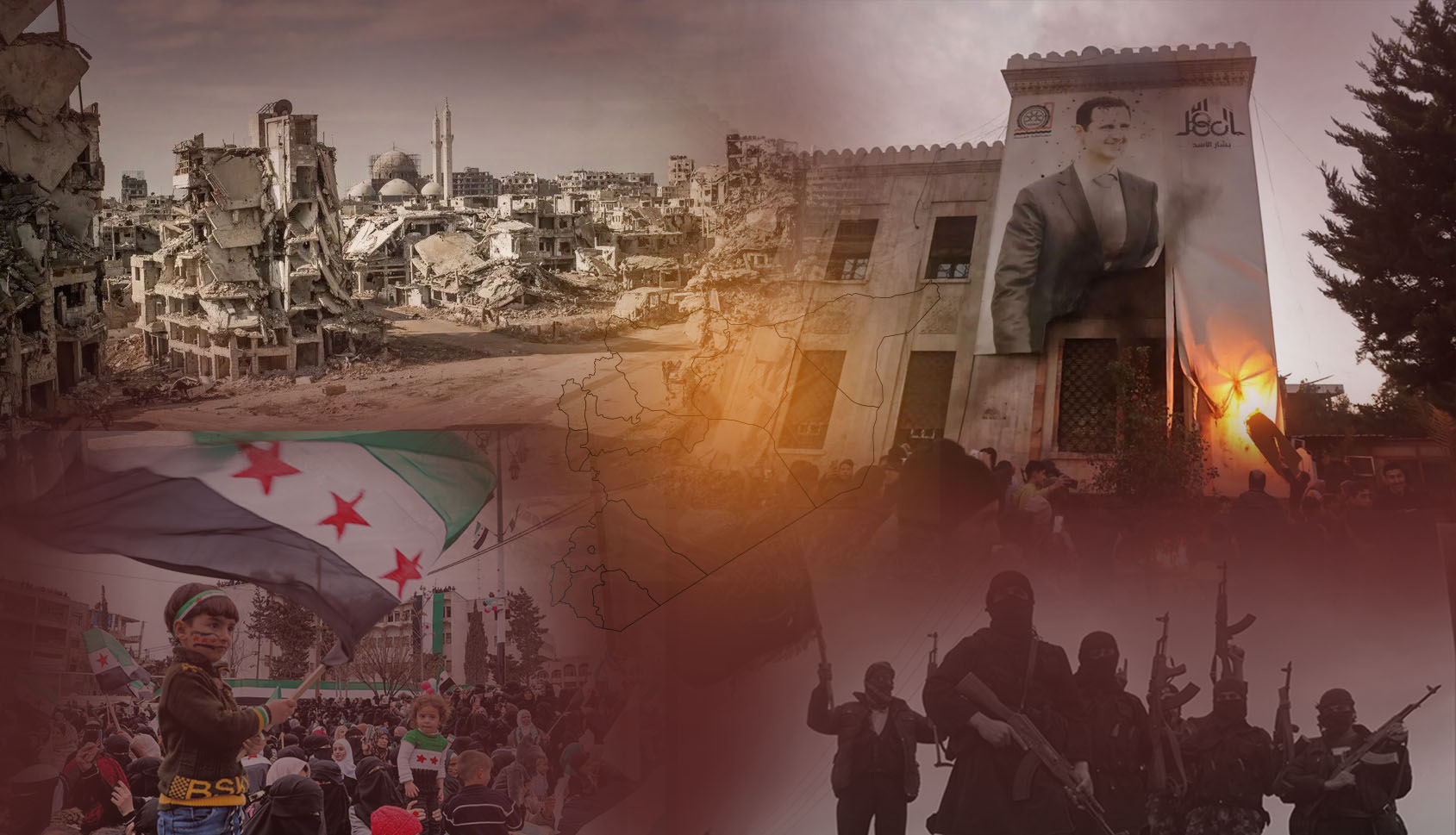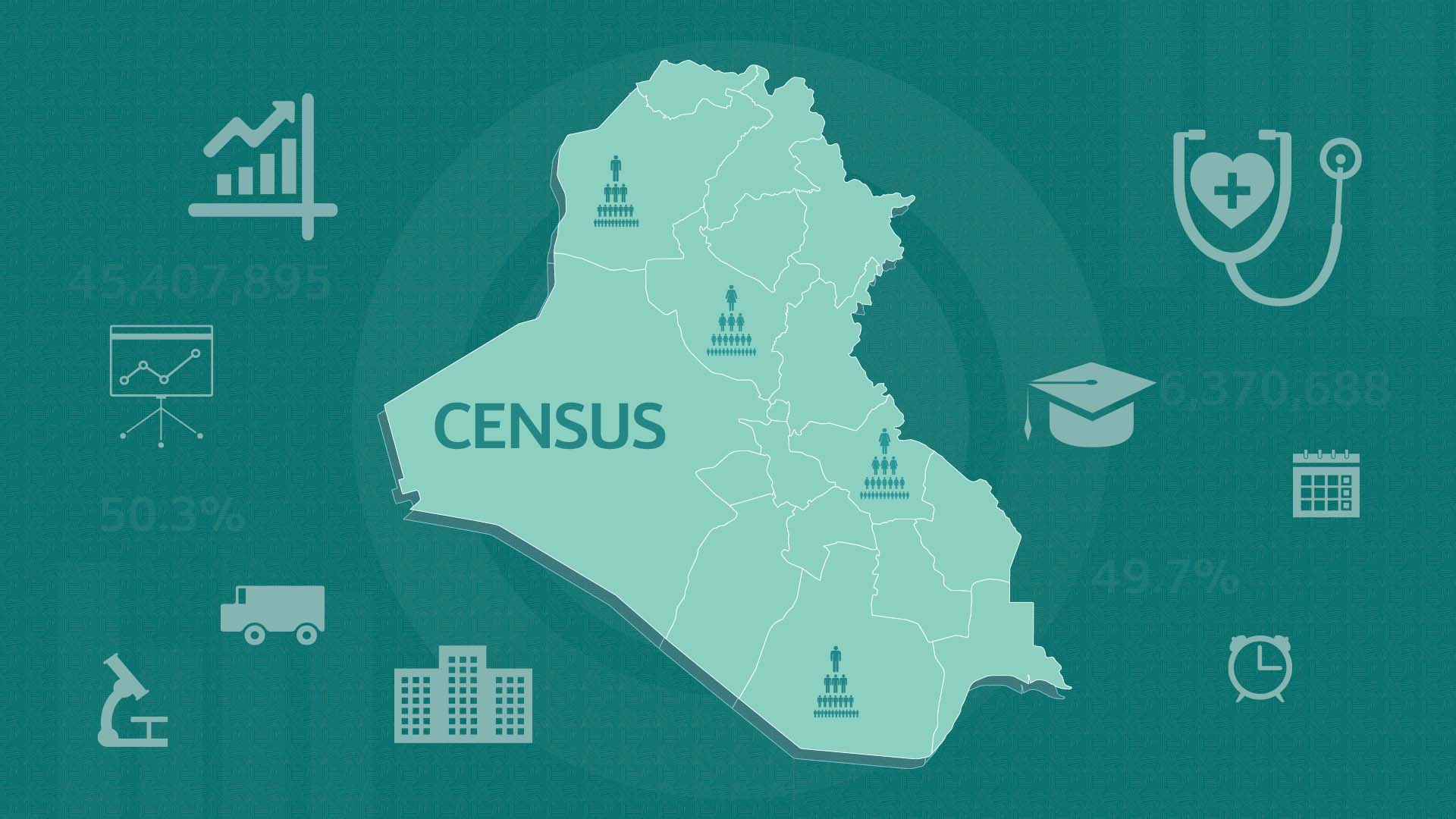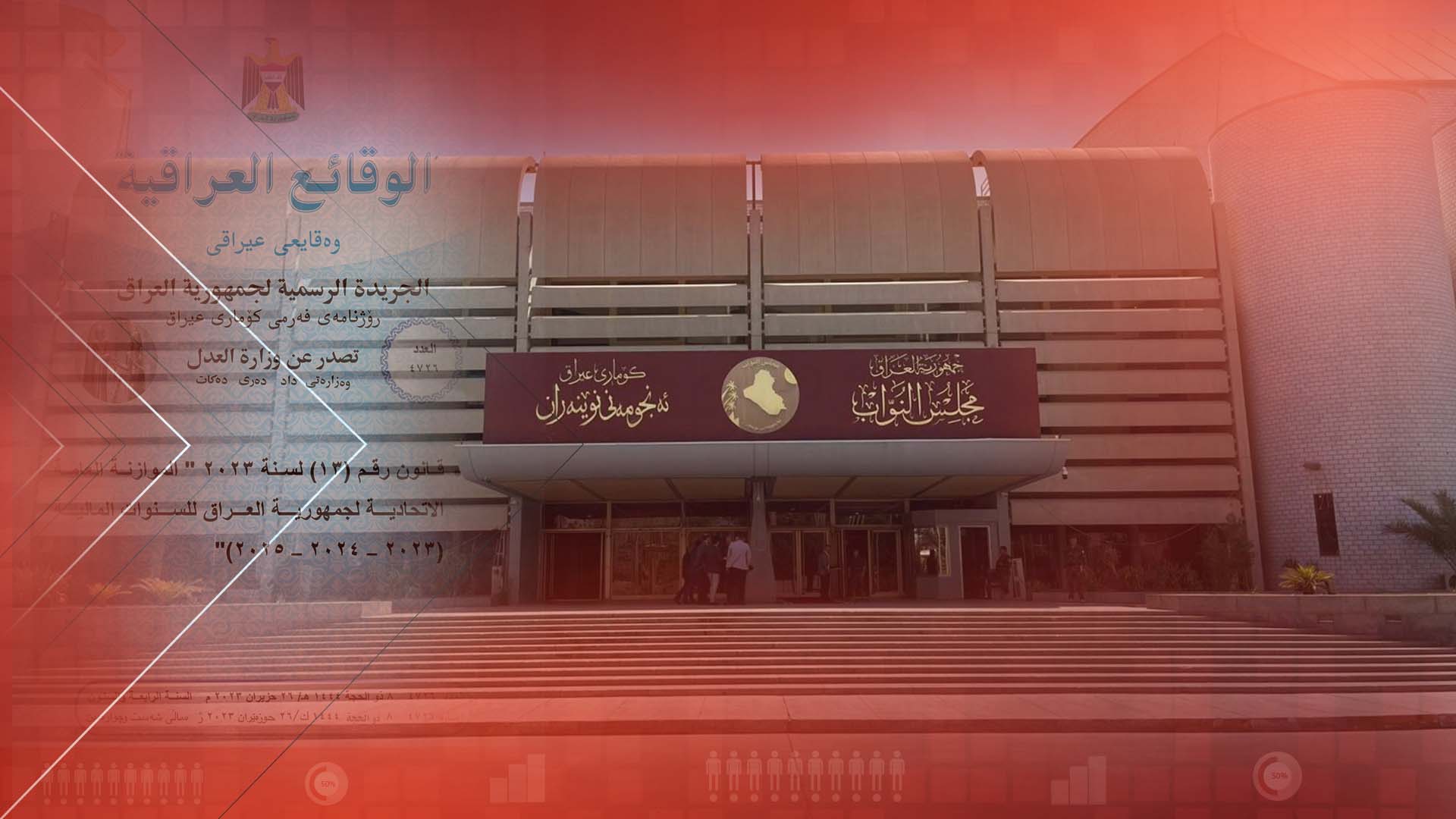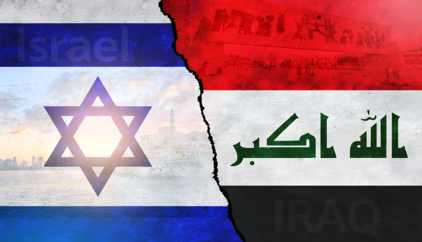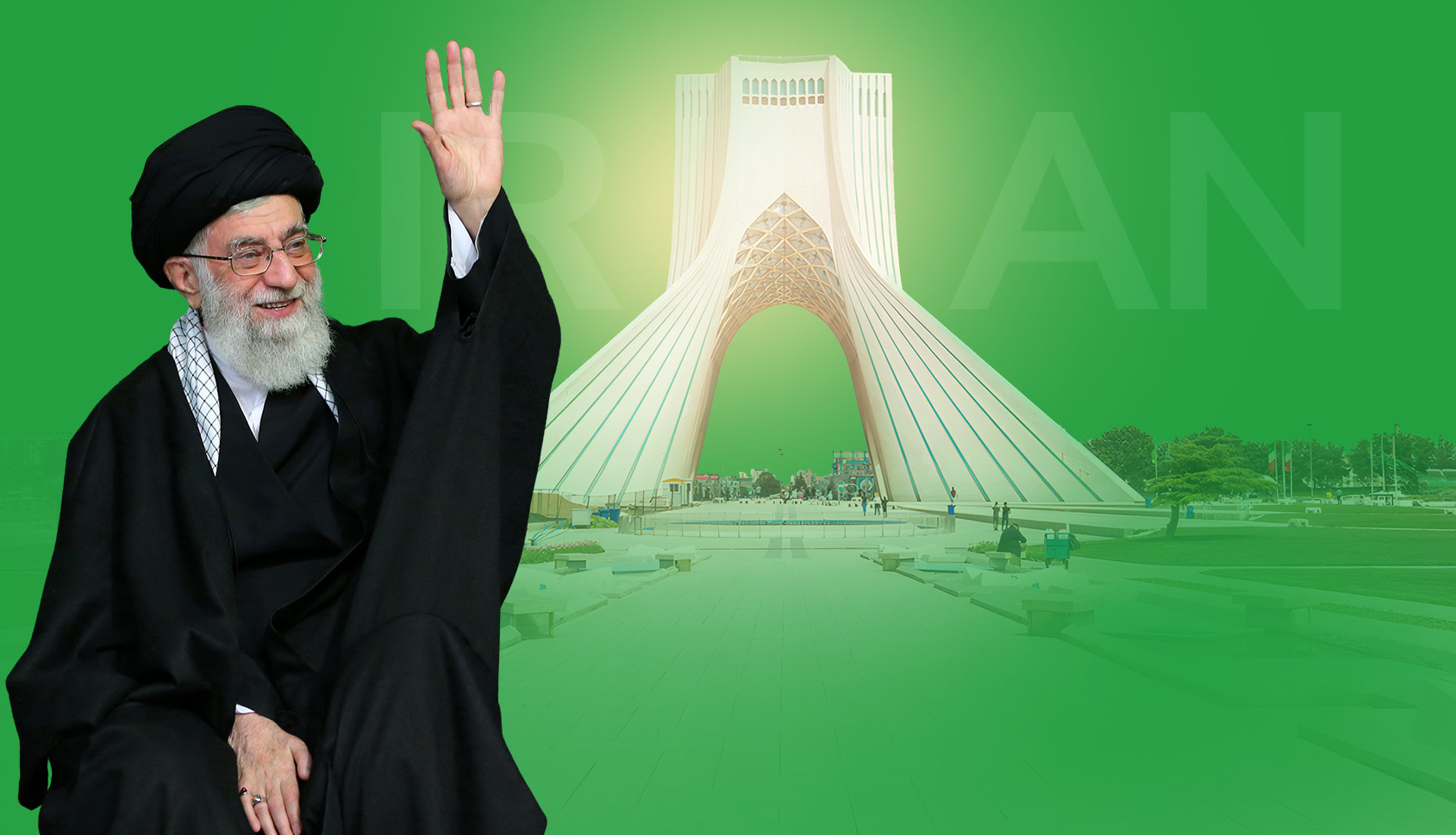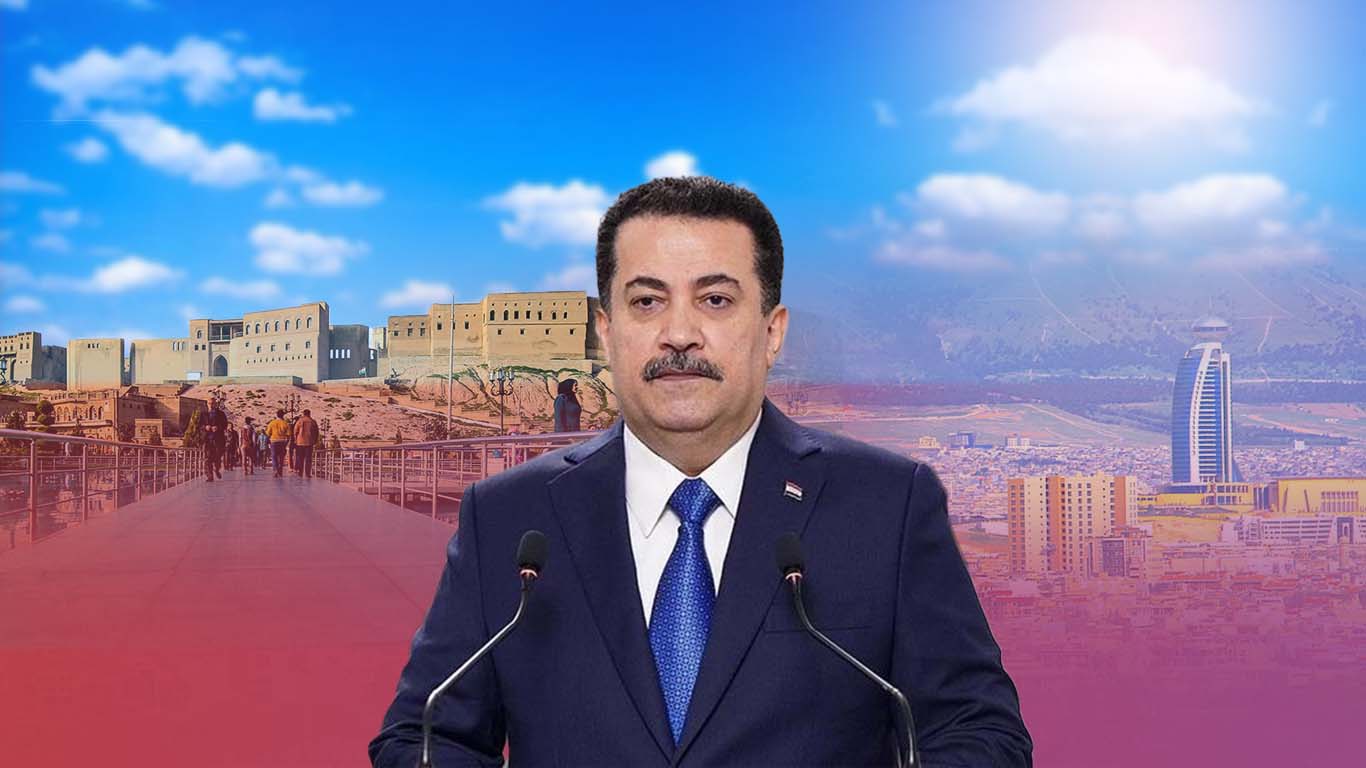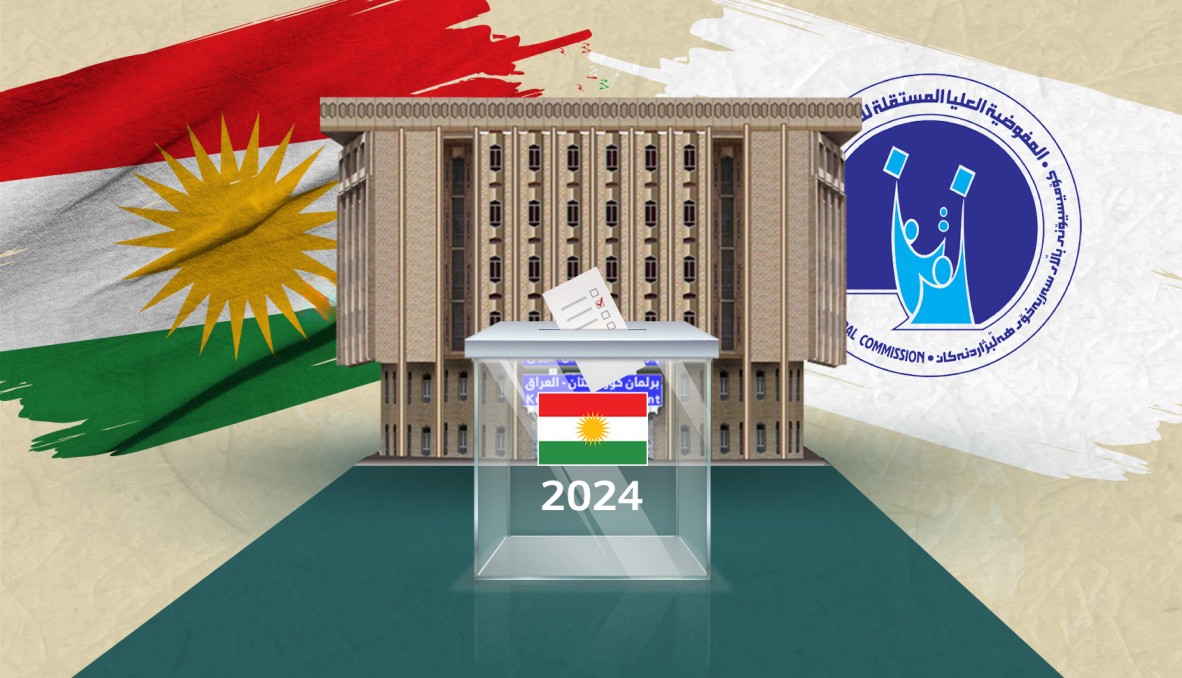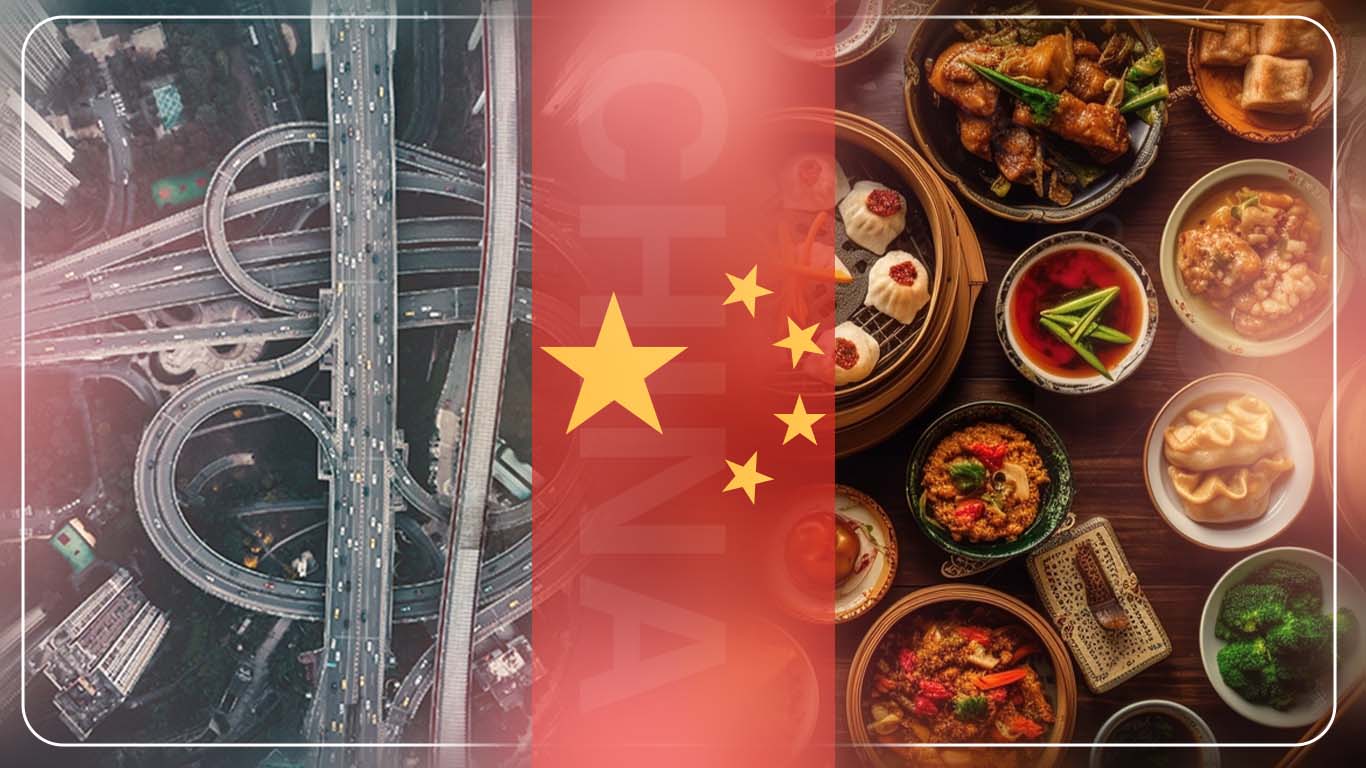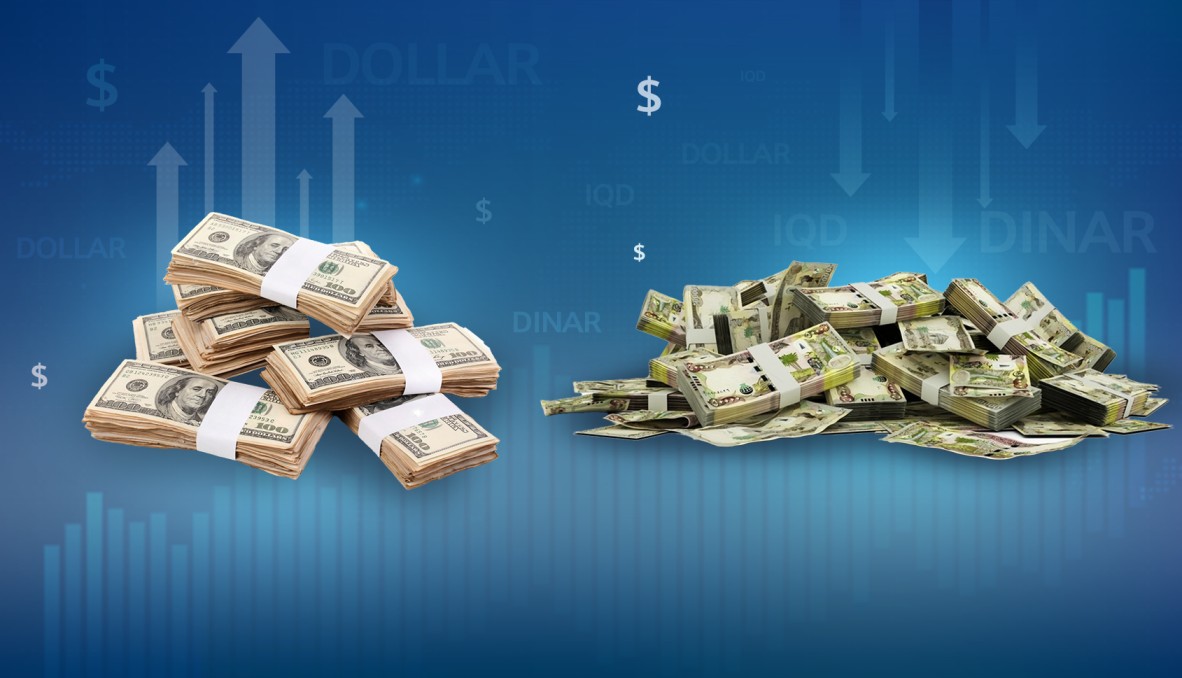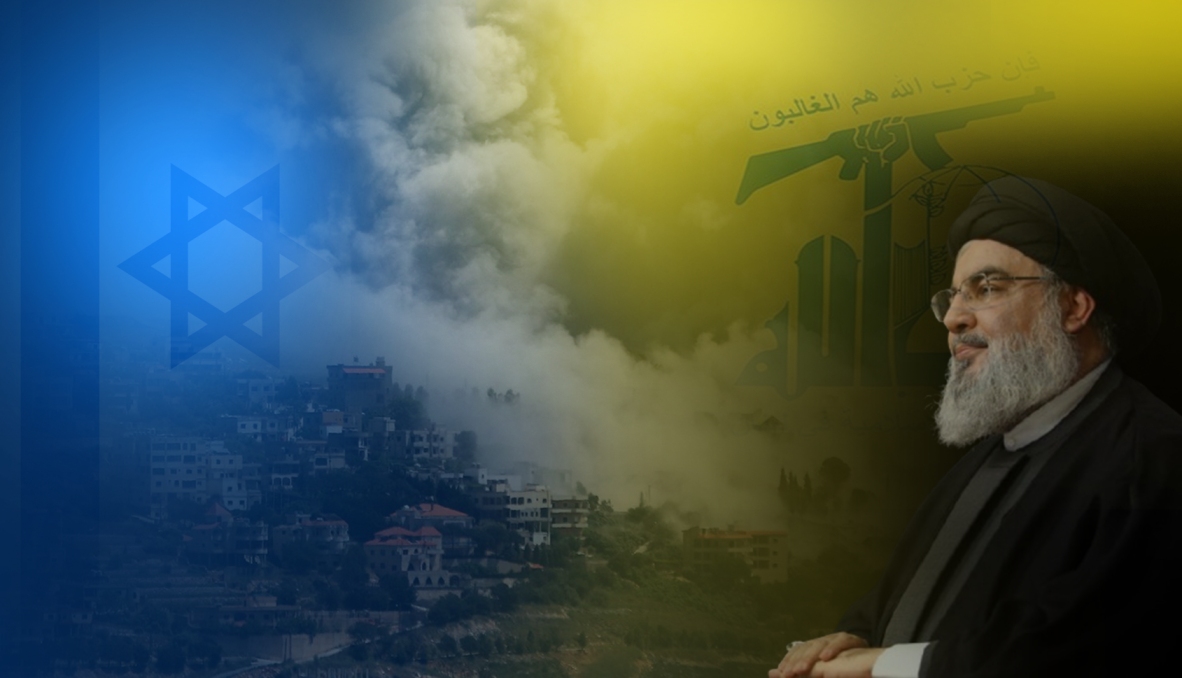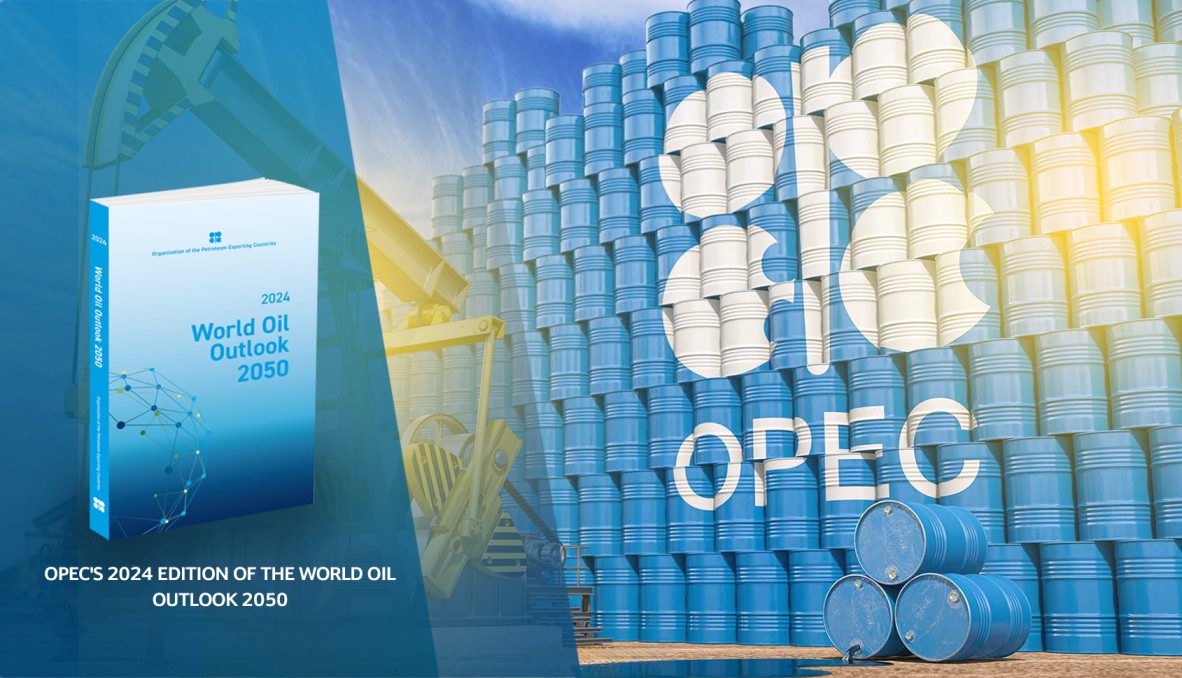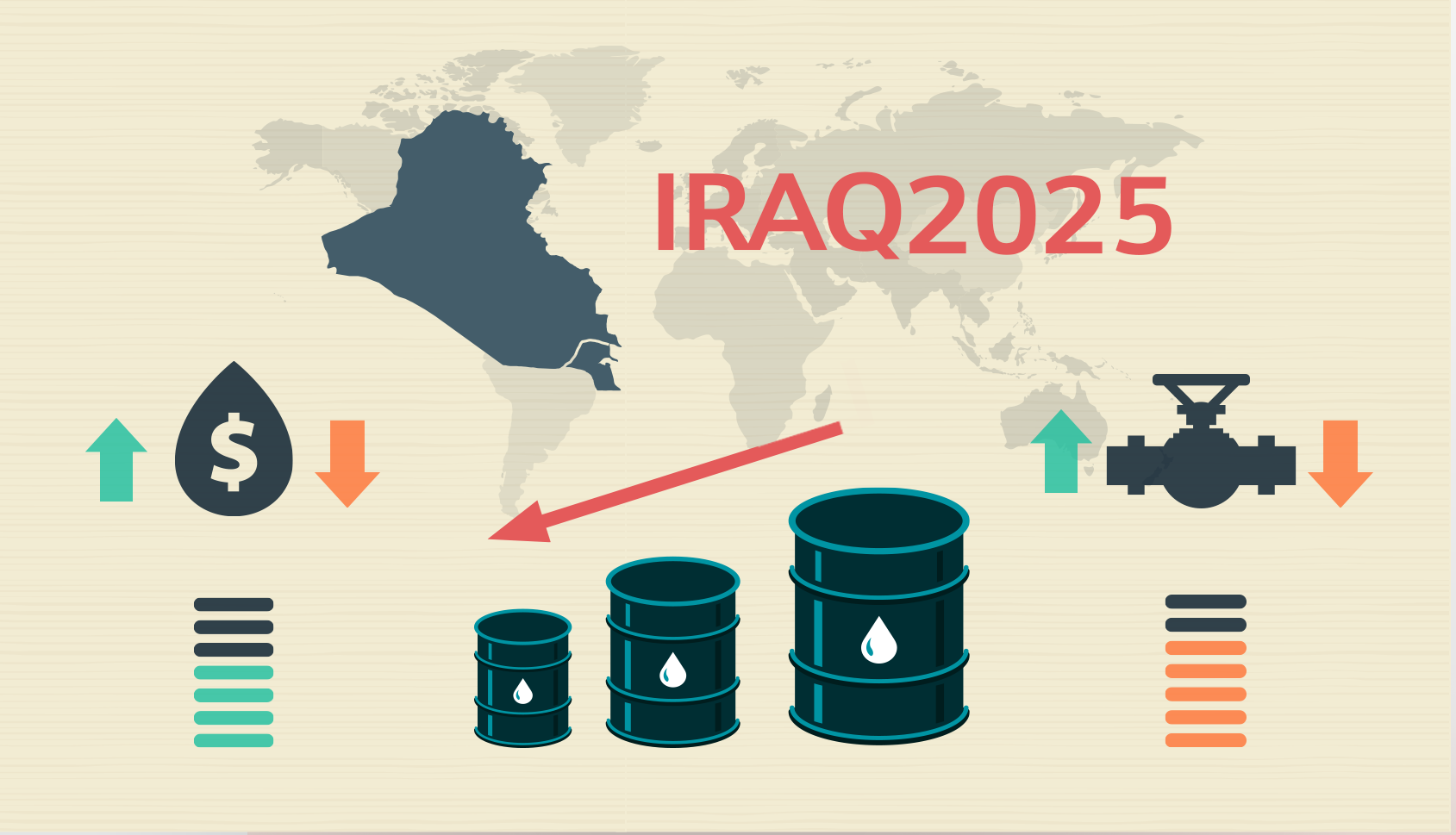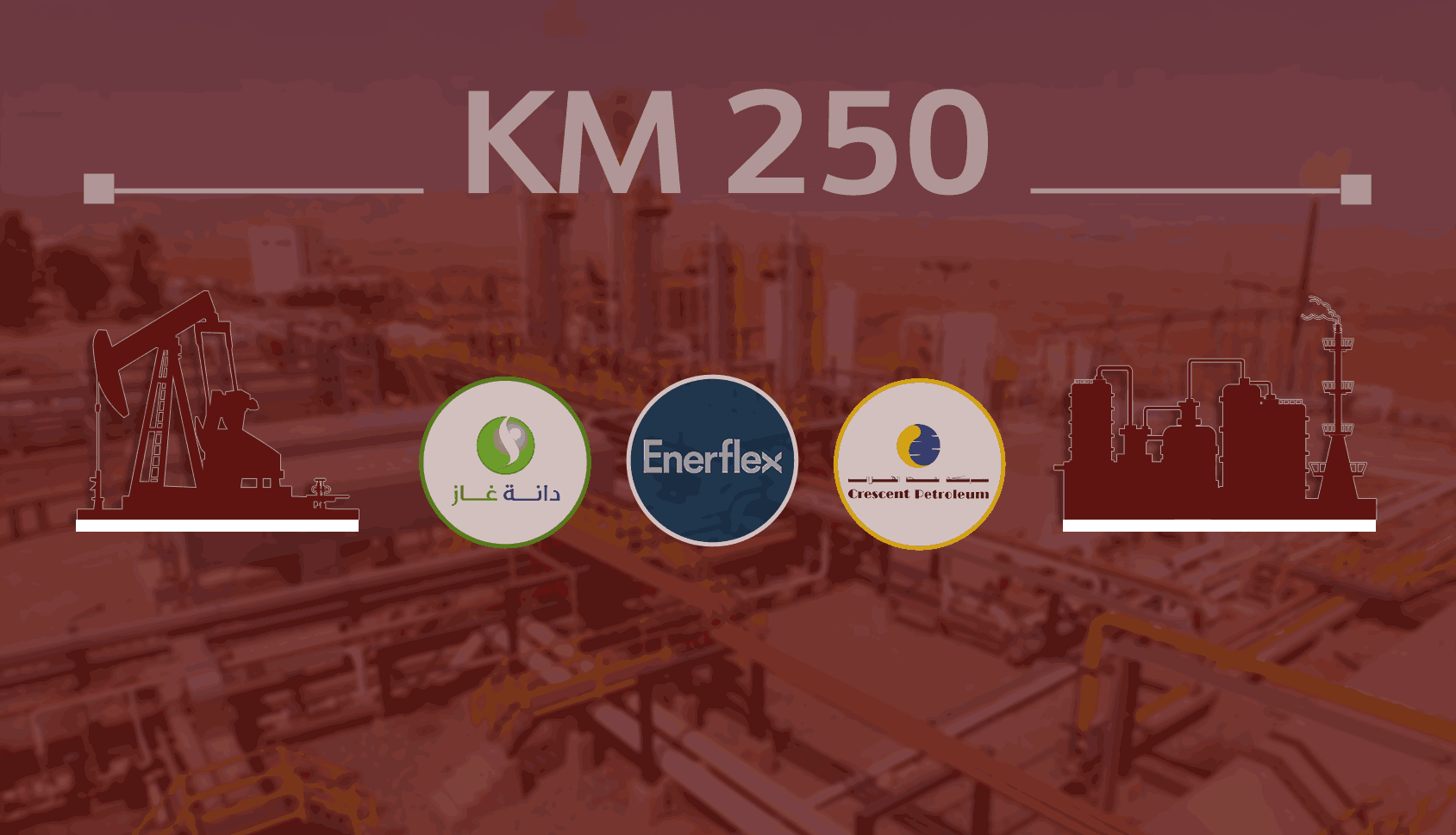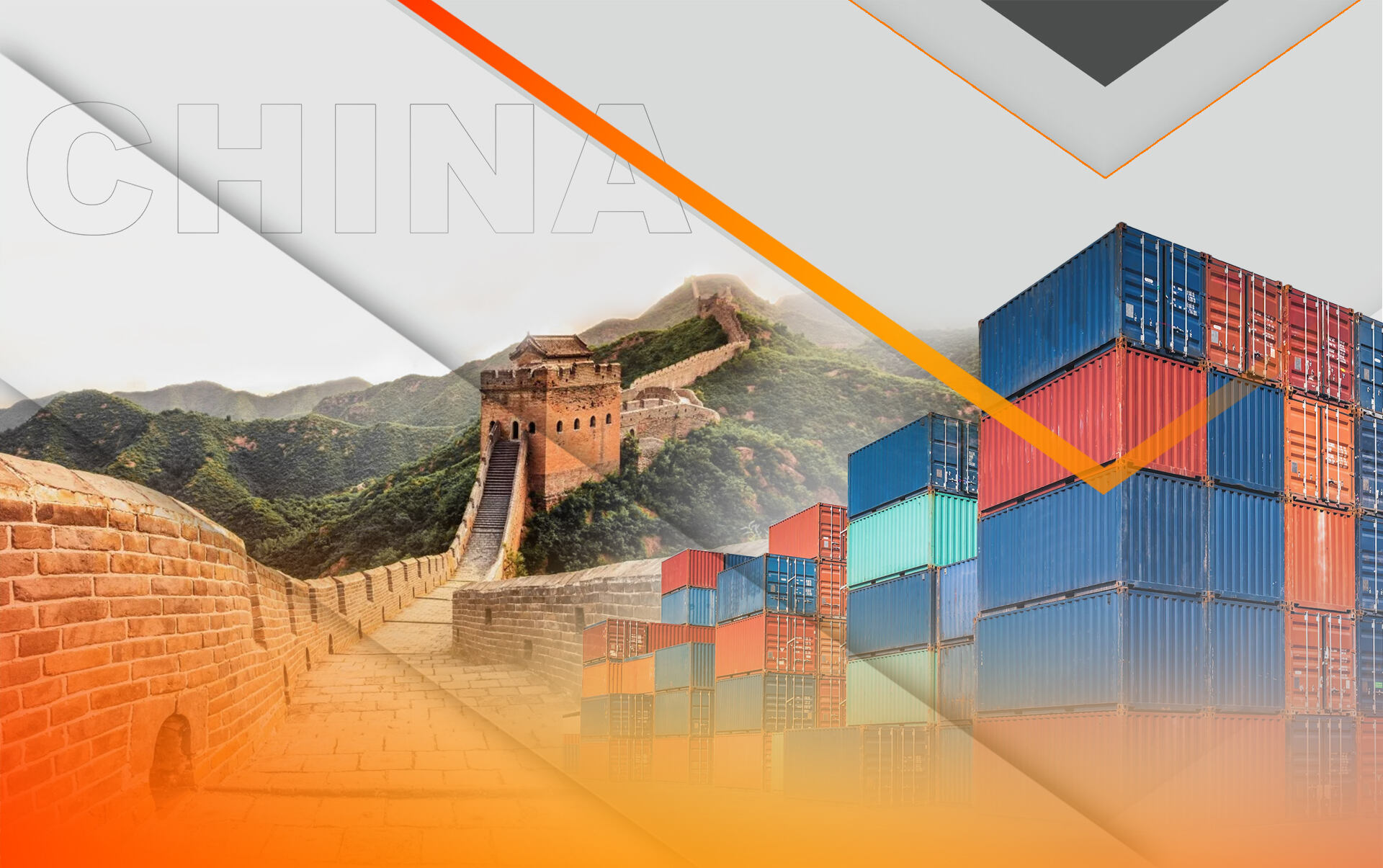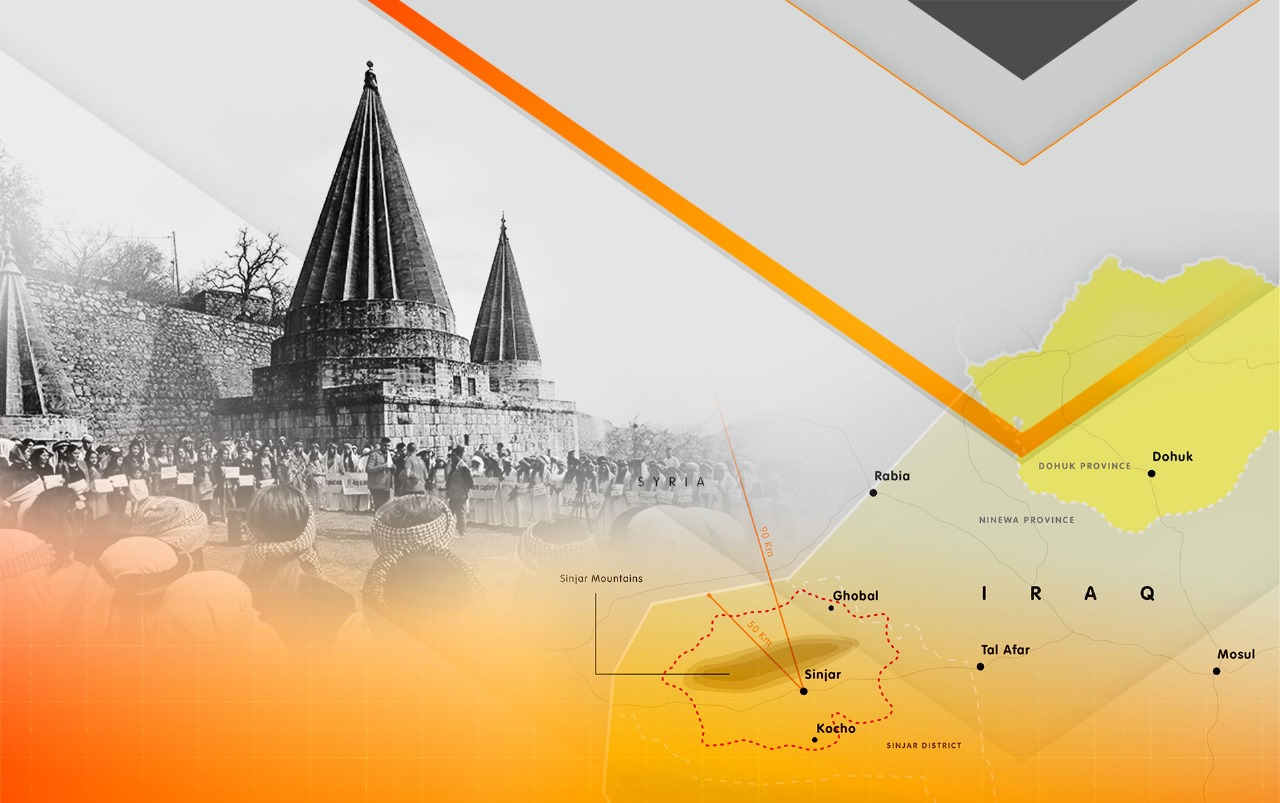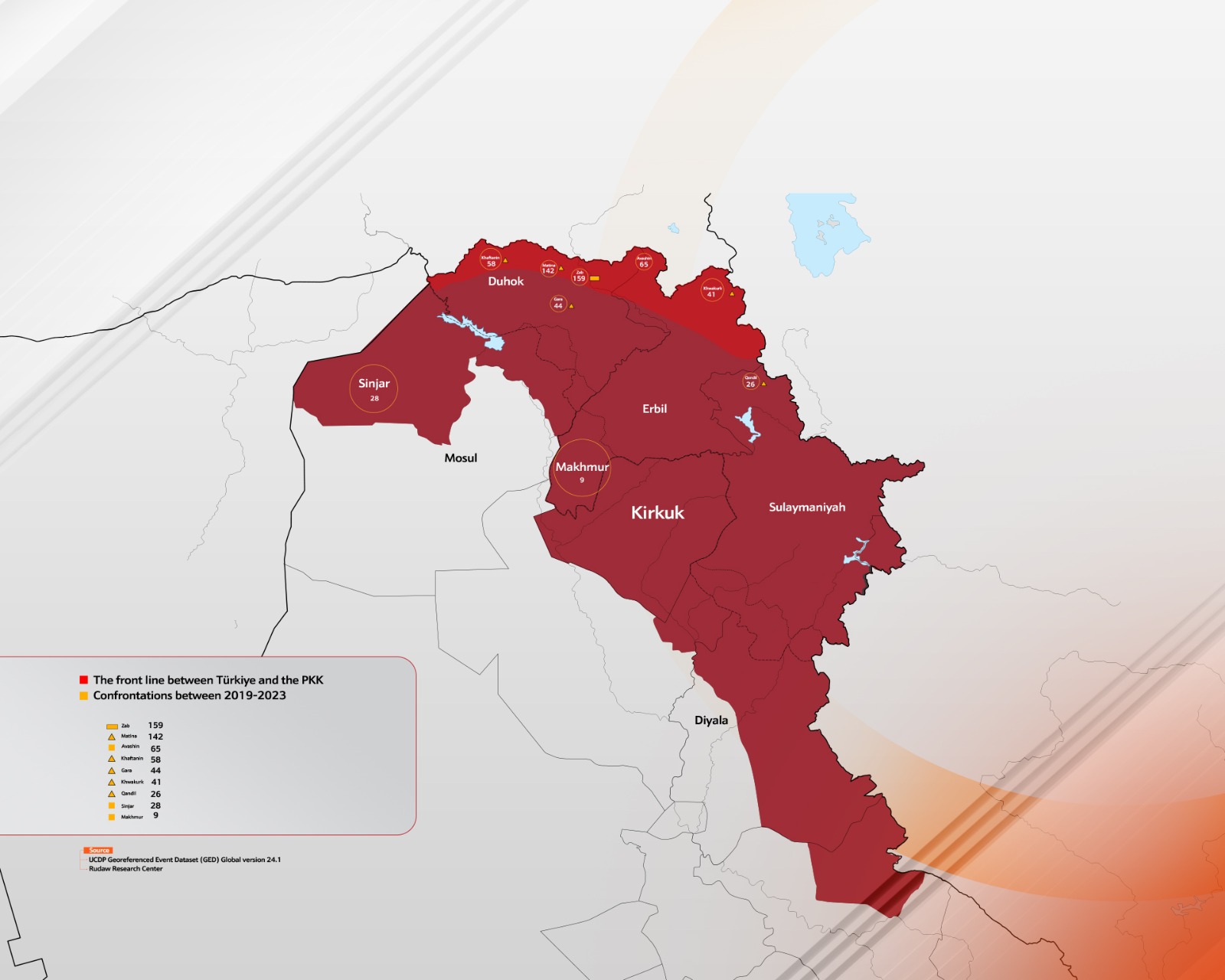The causes of depreciation in neighboring currencies vary. The decline of the Iranian rial is attributed to external factors, including US and European sanctions. The Turkish lira's depreciation stems from a growing fiscal deficit, budget imbalances, and political stances taken by the AKP in response to regional developments. Meanwhile, the collapse of the Syrian pound can be traced to ongoing war, instability, economic sanctions, and uncertainty surrounding the emerging Jolani-led state. Why does the Iraqi currency fluctuate daily in the market, consistently trading at over 20,000 dinars above the Central Bank's official rate for every $100?
The Fate of Kobane: A Riddle for Turkey and a Dilemma for the Syrian Democratic Forces (SDF)
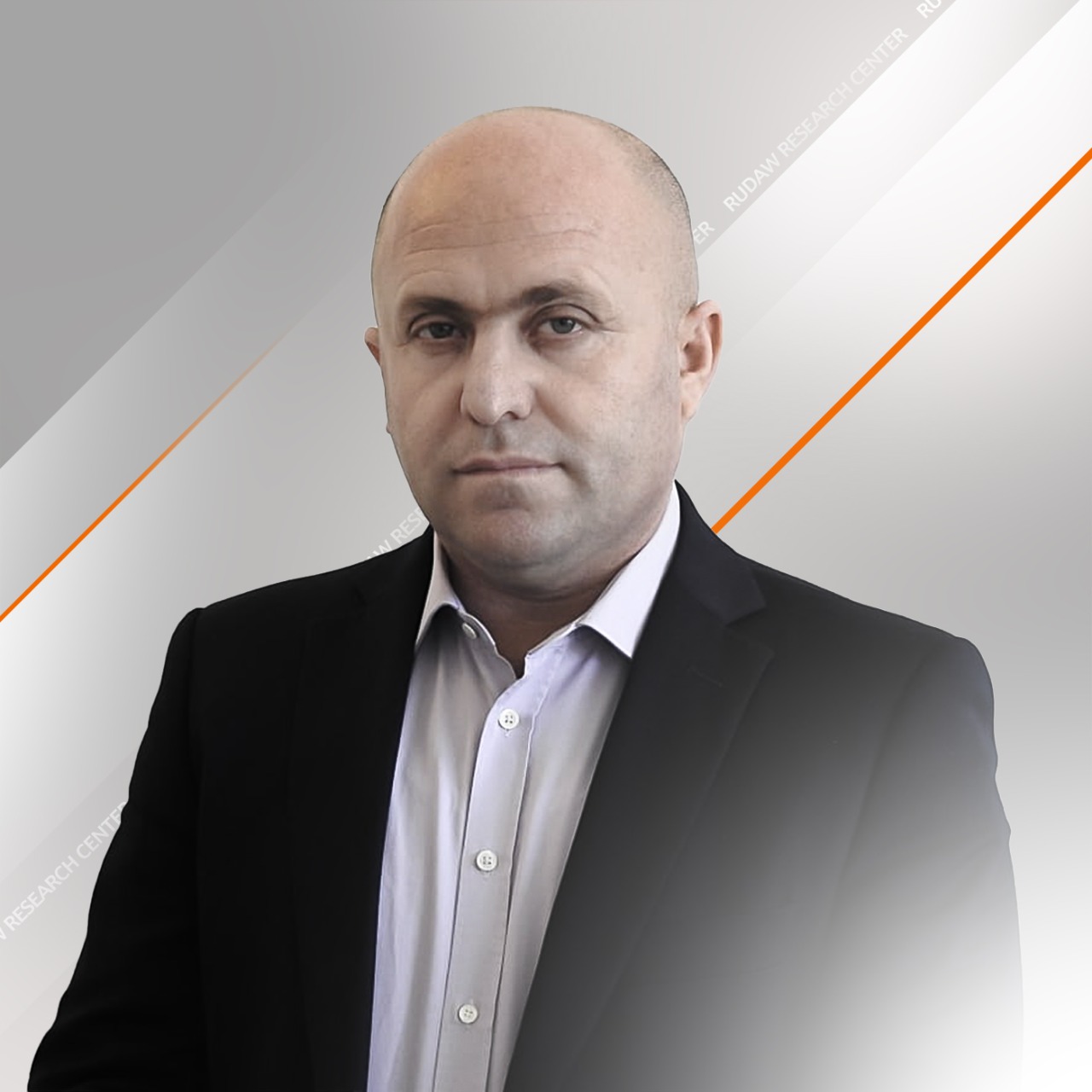
Considering the experience of previous Turkish operations in the Jarablus-Bab, Afrin and Sarê Kani lines—one lasting about two months, another eight days, and the third approximately seven months—and given that three sides of Kobane are now occupied and its area is limited, it can be said that if Turkey wishes to invade Kobane, it could occupy the city relatively quickly. However, Turkey's task may not be easy due to SDF's defensive preparations, such as tunnels and other defensive measures, as well as the use of drones. Despite these challenges, Turkey could ultimately invade the city. Yet, it does not appear eager to do so because:
Frankly, while I and many others did not expect significant resistance from areas with a predominantly Sunni population, I anticipated fierce resistance along the coastal strip of Damascus and Homs, where the Alawite population is dense. This was because I thought the Alawite, Christian, and Druze communities, knowing that radical jihadist groups would not grant them the right to live, would resist more fiercely than anyone else. Furthermore, the coastal region held strategic importance for Russia. Since 2015, Russia, which has played a decisive role in the Syrian civil war, has a naval base in Tartus on the coastal strip and an airbase slightly further north in Hmeimim. However, contrary to expectations, neither Russia nor Assad’s forces showed any resistance, and the entire country fell into the hands of HTS and its allies within a few days.
Less than a month ago, Assad, in the Arab League, was confidently advising the leaders of Islamic countries on what to do. This situation seems to confirm the well-known saying, "In totalitarian regimes, everything seems normal until 15 minutes before they collapse." Indeed, it was just 15 minutes before Tahrir al-Sham (HTS) and its allies captured Aleppo on November 27, followed by the rapid fall of other cities, like a line of falling dominoes.
The census in Iraq is not merely a statistical exercise; it carries significant political implications related to the distribution of power and wealth among communities. Conflicted areas, particularly between the central government and the Kurdistan Region, posed major challenges. Some questioned the impartiality of the process, while others suspected it was an attempt to alter the demographics of certain regions.
The three-year Iraqi budget provided a comprehensive framework for the country’s revenues and expenditures based on initial estimates. However, the recent census has corrected these estimates, revealing significant discrepancies. As the time approaches to amend and approve the 2025 budget tables, it is imperative to review expenditures, provincial allocations, the Kurdistan Regional Government (KRG) budget, and revenue projections.
The possibility of an Israeli attack on at least six Iraqi armed groups has become a prominent topic following a letter from Israeli Foreign Minister to the UN Security Council President, Barbara Woodward. The pressing question now is whether Israel will proceed with an attack. Israel has asserted its right to retaliate due to the escalation and increased frequency of attacks by Islamic Resistance groups in Iraq. This comes at a time when war is the last thing the Iraqi Prime Minister wants. With less than a year to the next elections, he is focused on advancing significant economic and political projects, all while aiming to secure his position in office. In 2024, despite various challenges and external influences, he managed to declare an informal ceasefire between the United States and Iraqi armed groups and found a moderate resolution to the contentious issue of U.S. troop presence. Regarding the tensions between Israel and Islamic Resistance groups, the Prime Minister has, at the very least, managed to publicly distance the groups involved in his government from these conflicts. This raises another crucial question: why has Israel chosen this particular moment to bring its complaint to the international stage?
The Case of Iran’s Supreme Leader’s Successor Amid Tensions with Israel
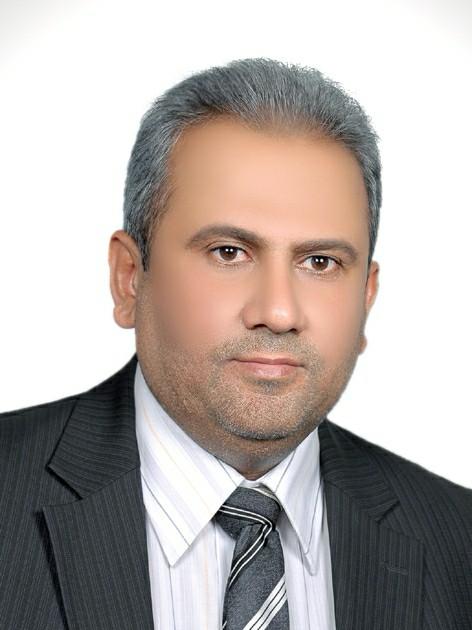
The unique relationship between Iran and Iraq ensures that any significant political shift in Iran will have a direct impact on Iraq's political landscape. Under Article 110 of the Iranian Constitution, the Supreme Leader wields absolute authority over all internal and external state functions. Consequently, any transition in this role will significantly influence Iraq's political dynamics and processes.
The Hidden Motive behind Mohammed Shia' al-Sudani's Visit to Erbil: Navigating the Uncertainty of 2025

The agenda for Prime Minister Mohammed Shia' al-Sudani’s visit to the Kurdistan Region may ostensibly include discussions on oil disputes, government formation, the Development Road Project, and the upcoming census. However, the underlying motive appears to extend beyond these issues.
Two critical questions arise from this situation. First, are the international oil companies operating in the Kurdistan Region willing to hand over the total oil production at the newly increased cost? Second, how can Iraq export oil from the Kurdistan Region when it is required to reduce both its overall exports and production to comply with OPEC Plus agreements?
In its annual report, "World Economic Outlook,"[1] the International Monetary Fund (IMF) projects a 4.1% GDP growth rate for Iraq in 2025. This forecast aligns with a stable global growth rate of 3.2% across 195 countries, although developing countries, including Iraq, are expected to experience a higher growth trajectory, from a low 0.1% to a notable 4.1%. Although this projection is optimistic, it raises an important question: what factors have led the IMF to foresee such growth for Iraq?
Contrary to predictions of a prolonged and arduous process of government formation, the likelihood of a government being established sooner than expected is quite high. However, before delving into that, it is crucial to examine the election results. While some parties have expressed dissatisfaction with the outcome, if we consider the preliminary results announced by the Election Commission, it is clear that the elections have not drastically altered the political landscape of the Kurdistan Region. Instead, they have solidified a powerful triangle of influence between the PUK, PDK, and the New Generation, positioning these three entities to have a greater impact on future events in the region than any other party.
In ancient Chinese philosophy, the phrases "yīn" and "yáng" explain the fundamental rotation of the wheel of the universe. Accordingly, everything in existence derives its meaning from its opposite, and these forces are in a constant state of change and interplay. This philosophy of opposition and harmony extends even to Chinese cuisine. In cooking, some ingredients are believed to have a "cold" nature, while others are "hot," and they must be balanced. It’s common to find dishes that are both sour and sweet, or spicy and sweet, reflecting this blend of opposites.
In fact, the reasons behind the fluctuations in the value of the dollar in Iraq, as we see these days, there may be other stories about the Iraqi dollar, in cash, going out to other countries, but not through the dollar markets in Erbil, Sulaymaniyah, Basra, and Baghdad because what is presented in cash and the central bank's figures is less than half the value of Iranian exports to Iraq, let alone the Iranian state through the market to get dollars.
The Post-Nasrallah Era: Shifting the Balance of Power Between Israel and the Resistance Front

During a visit to Beijing, I found myself engrossed in a conversation with a Chinese Communist Party official, who spoke at length about his country’s distinctive development path. He drew a clear distinction between China’s approach and the historical experiences of both the Soviet Union and the West, emphasizing that China's model was built on peace and cooperation, not war or aggression. I had many questions about his speech, but I reflected on how closely this echoed Iran’s slogan, “Neither East nor West,” my thoughts were suddenly interrupted by breaking news on my phone: the assassination of Hassan Nasrallah. Despite being over 7,000 kilometers from Beirut, the weight of the news was undeniable.
In contrast to the International Energy Agency's forecast for the future of oil, OPEC predicts a 24 percent increase in energy demand by 2050, primarily driven by non-OECD countries, with India and China being the main contributors to this surge. According to OPEC, coal will be the only energy source to see a decline in demand over the next 25 years, while global daily oil demand is expected to reach 120 million barrels per day.
In 2023, according to Iraq’s revenue and expenditure report, 93% of the country’s total revenue emanated from oil, amounting to 125.8 trillion dinars. In contrast, non-oil revenue stood at just 9.7 trillion dinars, or 7% of the total, a sharp deviation from the budget’s initial projections for oil and non-oil revenues.
This $800 million project, which is over three-quarters complete, is now abandoned or expected to be completed by the end of this year. This analysis explores whether the increase in gas production, which has significant demand both inside and outside the Kurdistan Region, represents an opportunity or a challenge for the region's future.
The country’s rapid rise from Third World status to a global superpower, lifting 800 million people out of poverty within a single generation (World Bank, April 1, 2022)[ii], serves as a model for developing nations. Nevertheless, developing countries are eager for the changes brought by China’s infrastructure initiatives, but China’s approach to assistance differs from others as Chinese experts emphasize. “We’re not like the Americans; we can’t offer help for free because our country is still developing,”. However, with long-term loans and Chinese workforces, they believe they can assist in building infrastructure abroad. This duality makes China's presence in developing countries both an opportunity and a potential threat.
The Unexplored Side of the Controversy Over Qasim Shasho’s Statement: Sinjar's Disputes

In April 2017, I visited Sinjar for research and met Shasho at the Sharaf Adin Temple. His proud demeanor revealed the mindset of a courageous Peshmerga, eager to declare, "I defended and stayed here when Sinjar was under ISIS's control." However, he is now being portrayed as an anti-Islamic figure who has offended the sentiments of the majority of Kurdish Muslims. When I met him, he spoke cautiously, carefully choosing his words to ensure that his criticisms of ISIS were not misconstrued as anti-Islamic.
Following Eid al-Adha, a new wave of military movements between Turkish forces and the PKK has erupted in Duhok province. The clashes are particularly intense in the northern district of Amedi, but there is a significant possibility of the conflict spreading to Mount Gara, located over 40 kilometers deep within the Kurdistan Region. This potential escalation marks a turning point, with implications for the region's political and military landscape. Given the current situation in the Middle East, this conflict is likely to persist longer than anticipated.

